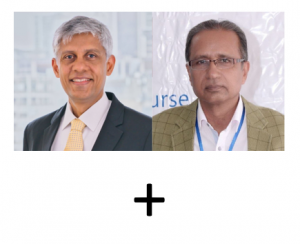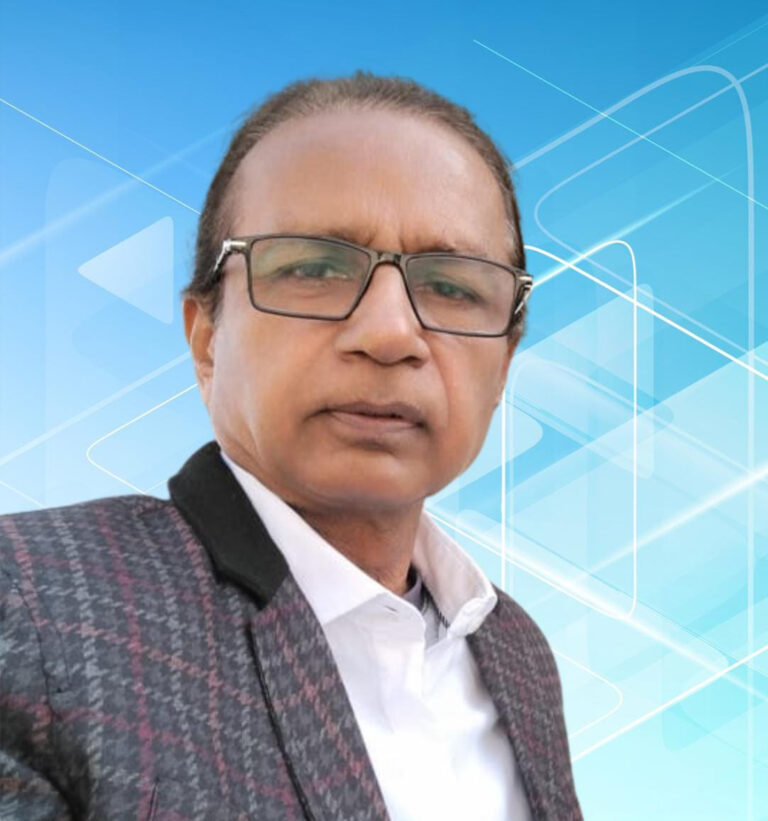Addendum to the conversation: What should we (the civil society) be doing in India and Pakistan
Here is the link to the original conversation:
https://pakpoliticaleconomy.com/?p=1774
As Jayant Bhandari and I conversed, a few others joined. Since they commented publicly, below are copied, though anonymously, what did they add.
 Anonymous 1: “state fulfilling its constitutional role/responsibilities”, “Form a political party to work as an institution”. ??? How much longer can grown-ups believe in these fairy tales of a benevolent state controlled by a political process – when the reality, right before their eyes, is so different, and not in a good way?
Anonymous 1: “state fulfilling its constitutional role/responsibilities”, “Form a political party to work as an institution”. ??? How much longer can grown-ups believe in these fairy tales of a benevolent state controlled by a political process – when the reality, right before their eyes, is so different, and not in a good way?
Khalil Ahmad: I fear you miss the context of the discussion. The context is Pakistan and India, especially.
Anonymous 1: Pakistan and India – even more so. Transpose the western idea (a fairy tale, really) of a enlightened benevolent state responsive to political process inputs, and viola! – we have two examples of prosperity and peace – India and Pakistan
KA: First I didn’t talk …
What should we (the civil society) be doing in India and Pakistan? A conversation between an Indian and a Pakistani
Jayant Bhandari is an Indian who left India and settled in Canada. I never met him. He’s a Facebook friend. His posts generate thoughtful discussions and that’s how we both found each other in a good friendly relation.
I did try to leave Pakistan during my teen years, and failed. Later I abandoned the idea of leaving the country for obvious “reasons.” I wanted to do my bit to free our people from the pseudo shackles made of unfounded notions by the Riyasati Ashrafiya (ریاستی اشرافیہ) of Pakistan.
What is common between Jayant and I is the deep concern for the freedom, well-being and happiness of our respective people. And no doubt for the larger humanity too.
Early this January one post of Jayant attracted my attention. It was an excerpt from one of his articles: First World, Third World.
“Irrespective of the merit of what Trump did, those who …
اگر ملک کے معاملات آئین کے مطابق نہیں چلا سکتے، تو آئین کو تحلیل کر دیں
سیاسی قضیے: اتوار 11 مارچ، 2018
ایک جانور بھی کسی جگہ رہتا ہے تو اسے اس جگہ سے کچھ نہ کچھ لگاؤ ہو جاتا ہے۔ مگر یہ پاکستان کیسا ملک ہے، اس کے اشرافی طبقات کو ستر برس بعد بھی اس ملک، اس کی زمین، اس کے لوگوں سے ذرا بھی تعلق نہیں۔ ملک کی سیاست اور معیشت پر نظر ڈالیں تو یوں محسوس ہوتا ہے کہ جیسے مالِ غنیمت کو لوٹنے کی دوڑ لگی ہوئی ہے، اور یہی وہ سبب ہے کہ ہر ادارہ سیاسی ریشہ دوانیوں سے گہنایا ہوا ہے۔
زیادہ دور نہیں جاتے۔ صرف گذشتہ دو حکومتوں کو پیشِ نظر رکھ لیں، یعنی پیپلز پارٹی اور حالیہ مسلم لیگ ن کی حکومت۔ ابھی اس قضیے کو رہنے دیتے ہیں کہ انھوں نے کیا کیا اور ان کی کارکردگی کیسی رہی۔ ابھی صرف یہ دیکھتے ہیں کہ ان کے ساتھ کیا کچھ کیا جاتا رہا۔ غالباً انھیں ایک …
Depoliticization and its causes
The 2nd and the final part: Depoliticization and its causes
What’s a depoliticized Pakistan; how is it different from a politically apathetic Pakistan; how is it damaging both for the society and its state; who does now represent it, such questions were discussed in A depoliticized Pakistan on the rampage. In the present piece, some other questions will be dwelt on such as: why doesn’t a depoliticized India or Bangladesh exist in India or Bangladesh, for example? Why that’s so only with Pakistan? Why is Pakistan so fecund for such elements? What are the elements that feed milk and butter to a depoliticized Pakistan?

